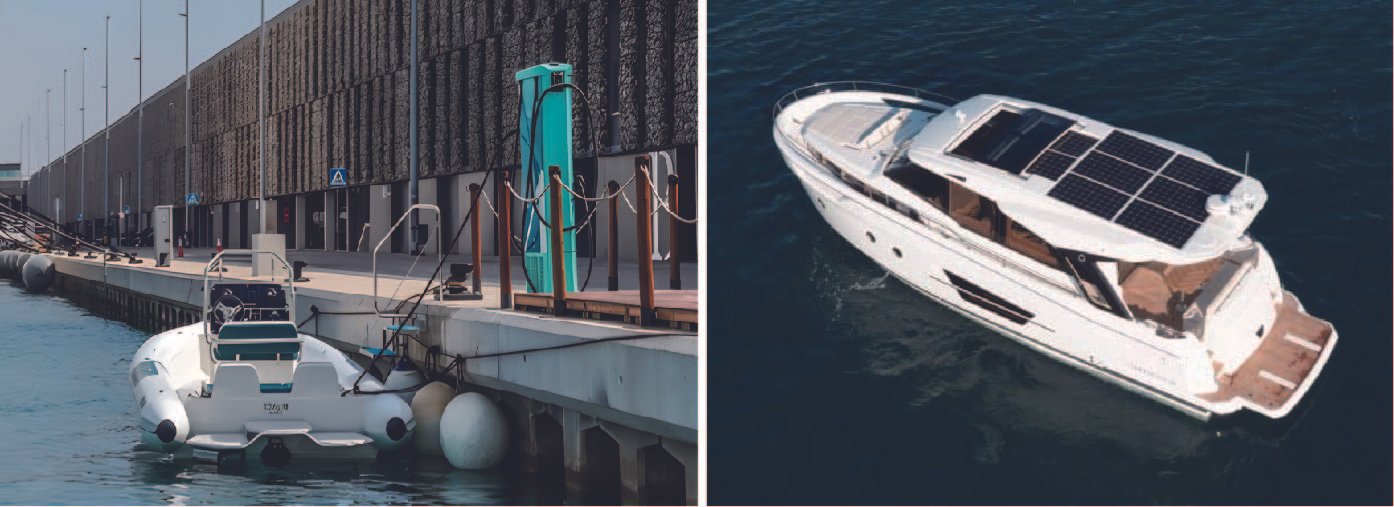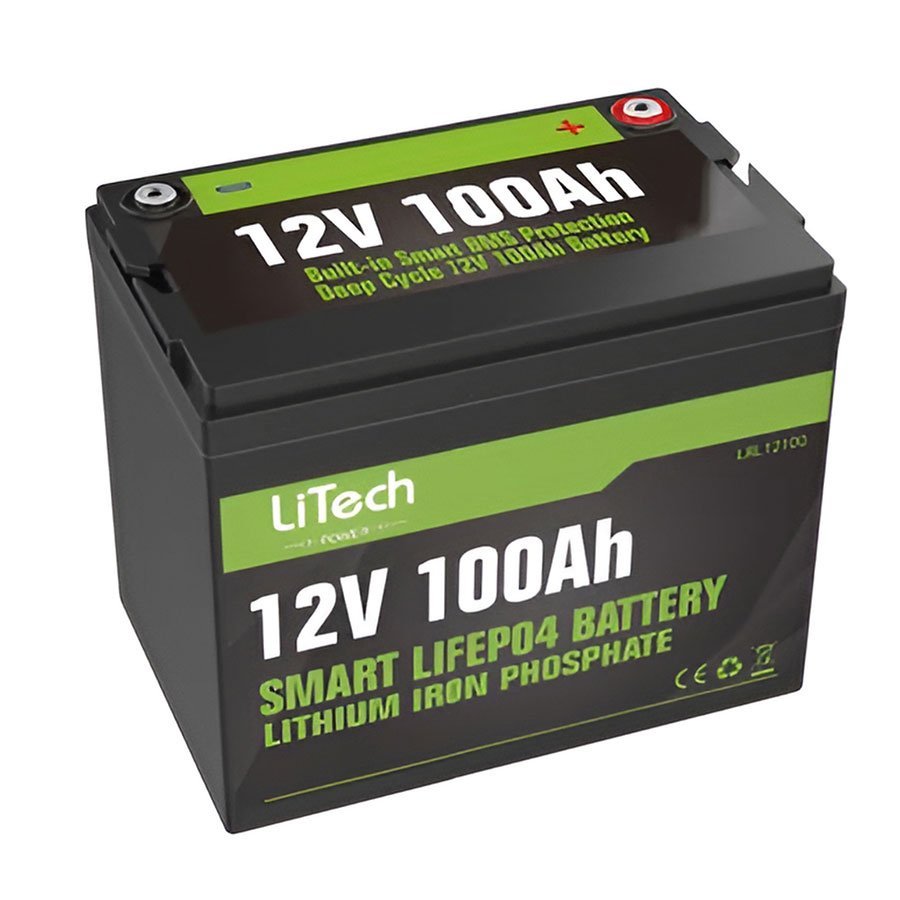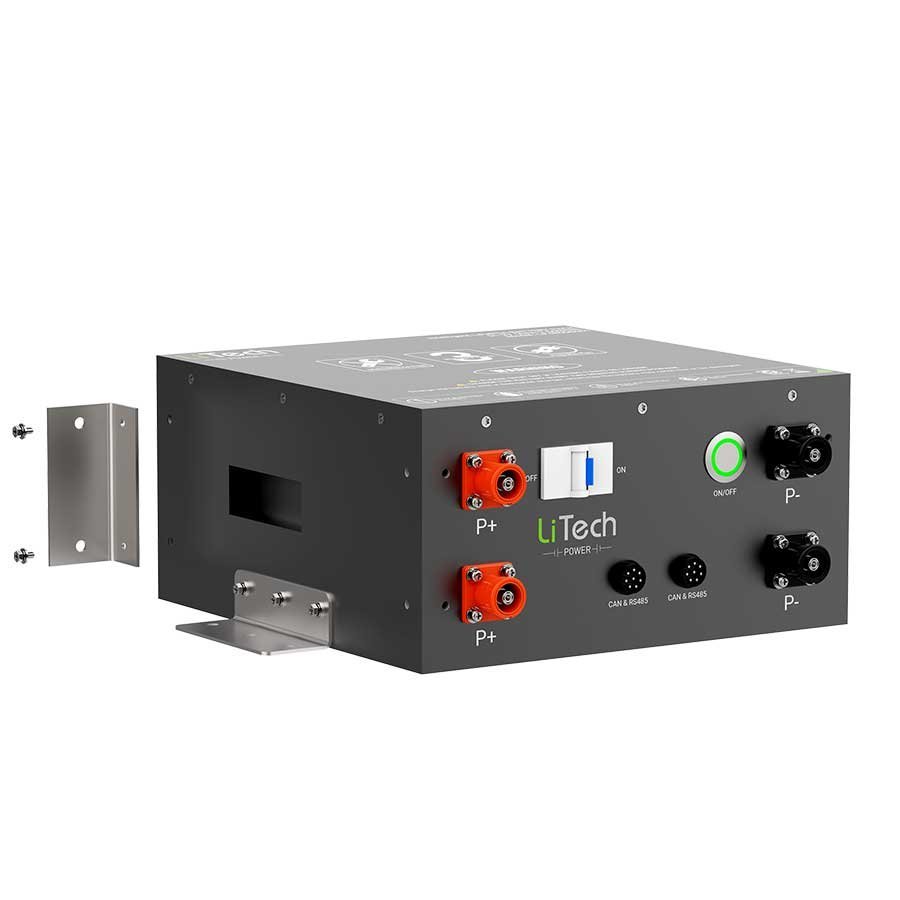What type of battery is a marine battery? boat battery guide

🔋 A Beginner’s Guide to Marine Batteries, Boat Battery Guide
When you’re out on the water, your boat’s battery is more than just a power source — it’s the heart of your electrical system. Whether you have a small fishing boat or a large yacht, choosing and caring for the right marine battery is important. It helps with safety, performance, and your peace of mind.
In this easy-to-understand guide, we will explain what marine batteries are. We will cover the types available, how to charge them, and how to pick the right one for your boat, please review this boat battery guide.
⚓ What Is a Marine Battery?
A marine battery is a rechargeable battery designed specifically for use on boats. Unlike car batteries, marine batteries must withstand moisture, vibrations, and long periods of deep discharging. They power everything from your engine starter to navigation lights, GPS, pumps, radios, and even refrigerators.

🔍 Types of Marine Batteries
Three main types of marine batteries exist, each with a specific purpose:
1. Starting Battery
Used to crank the engine and deliver a burst of high power for a short time.
- Similar to a car battery
- Not meant for powering devices over long periods
2. Deep Cycle Battery
Used to power trolling motors, lights, electronics, and appliances.
- Designed for long, steady power output
- Can be deeply discharged and recharged many times
3. Dual-Purpose Battery
A compromise between starting and deep cycle marine batteries and longer battery life.
- Not as strong as dedicated types, but useful for small boats with limited space

⚡ Lead-Acid (AGM batteries) vs. Lithium Marine Batteries

✅ Lithium batteries are becoming increasingly popular thanks to their longer life, fast charging, and lighter weight. Though more expensive at first, they often save money in the long run.
🔌 How Are Marine Batteries Charged?
Several common ways exist to charge a marine battery:
- Shore Power – Plug your boat into power at the dock to charge via onboard charger.
- Engine Alternator – While running the engine, it charges the battery.
- Solar Panels – Great for long trips or off-grid charging.
- Generator – Useful for larger boats without access to shore power.
- Portable Chargers – Handy for small boats with removable batteries.
Tip: Always use a charger that matches your battery type — especially if you have lithium batteries.

Tips for Choosing the Right Marine Battery
- Know your power needs: Make a list of everything you need to power and figure out how much energy you use each day.
- Match the voltage: Most systems are 12V, 24V, or 48V — make sure your battery setup matches your boat’s system.
- Consider space and weight: Lithium batteries are compact and lighter, great for smaller boats.
- Plan for long-term value: Lithium costs more upfront but often lasts 3–5 times longer.
Basic Battery Maintenance
- Clean terminals regularly to avoid corrosion
- Keep connections tight and dry
- Check water levels (for flooded lead-acid types)
- Store fully charged batteries during winter/off-season
- Avoid deep discharging if you’re using lead-acid batteries
Conclusion
Picking the right battery for your boat can significantly enhance your time on the water. Whether you’re going on a short fishing trip or a longer adventure, knowing what battery you need will help things run smoothly and safely.
If you’re ready to upgrade, we highly recommend our 24V 100Ah LiFePO₄ lithium marine battery —
① Lightweight
② Long lifespan
③ Built-in BMS for safety
④ Perfect for electric boats, trolling motors, and onboard electronics.
For reliable, hassle-free power for your boat, this is a great choice.









